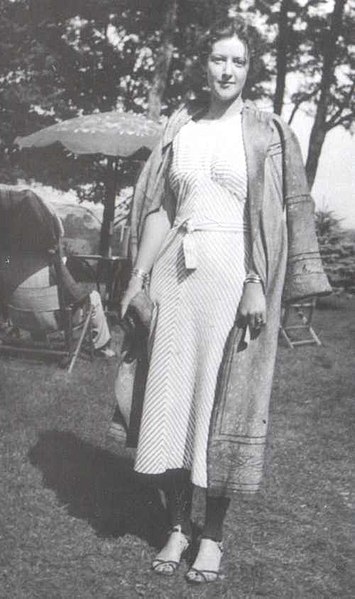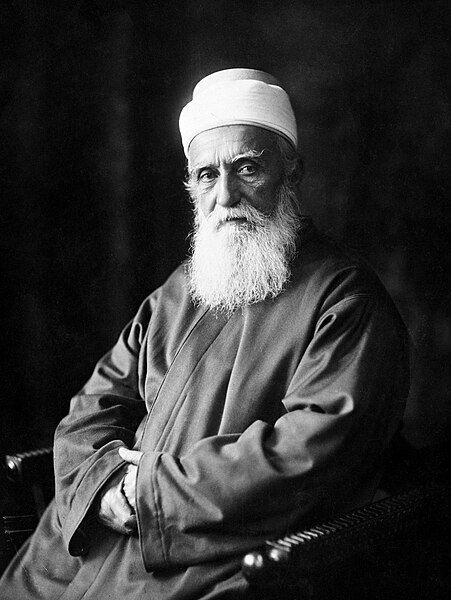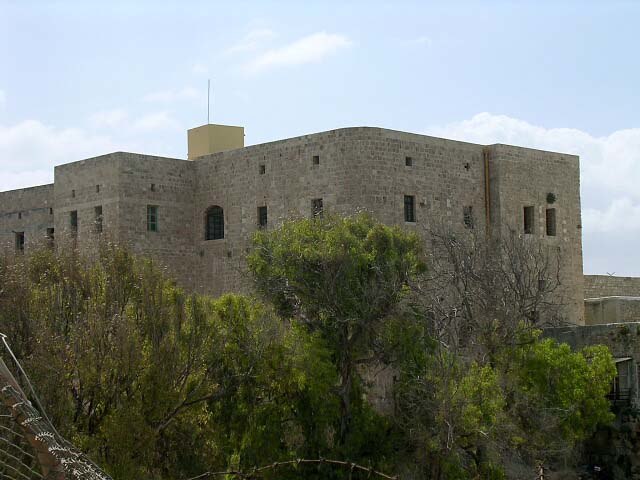Shoghí Effendi (; 1 March 1897 – 4 November 1957) was the grandson and successor of ʻAbdu'l-Bahá, appointed to the role of Guardian of the Baháʼí Faith from 1921 until his death in 1957. He created a series of teaching plans that oversaw the expansion of the faith to many new countries, and also translated many of the writings of the Baháʼí central figures. He was succeeded by an interim arrangement of the Hands of the Cause until the election of the Universal House of Justice in 1963.
Shoghi Effendi in Haifa, 1921
The young Shoghi, c. 1905
Shoghi Effendi before 1940
Mary Maxwell, known as Rúhíyyih Khánum
ʻAbdu'l-Bahá, born ʻAbbás, was the eldest son of Baháʼu'lláh and served as head of the Baháʼí Faith from 1892 until 1921. ʻAbdu'l-Bahá was later canonized as the last of three "central figures" of the religion, along with Baháʼu'lláh and the Báb, and his writings and authenticated talks are regarded as sources of Baháʼí sacred literature.
Portrait taken in Paris, 1911
ʻAbdu'l-Bahá (right) with his brother Mírzá Mihdí
Prison in ʻAkká where Baháʼu'lláh and his family were housed
Early Western Baháʼí pilgrims. Standing left to right: Charles Mason Remey, Sigurd Russell, Edward Getsinger and Laura Clifford Barney; Seated left to right: Ethel Jenner Rosenberg, Madam Jackson, Shoghi Effendi, Helen Ellis Cole, Lua Getsinger, Emogene Hoagg








